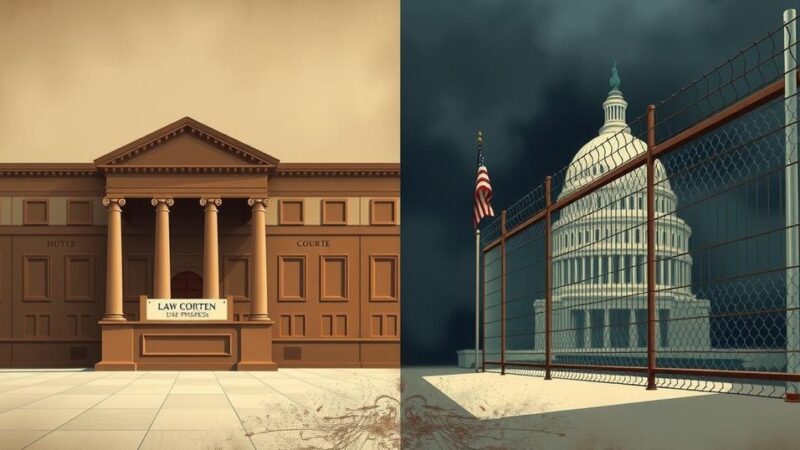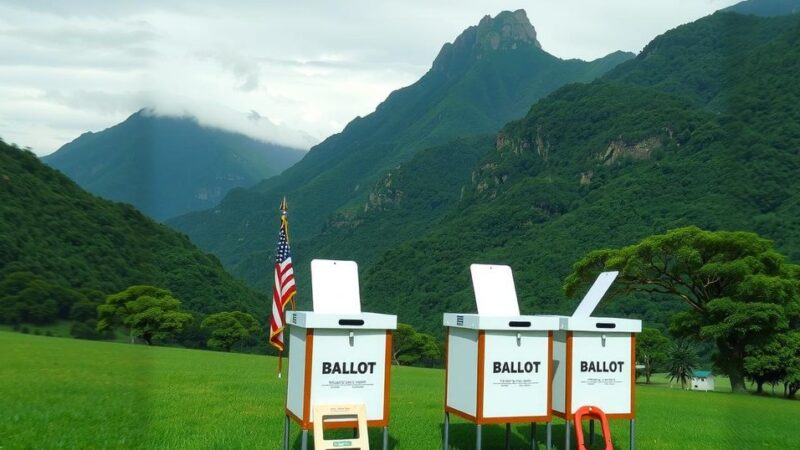President Daniel Chapo of Mozambique announced the inclusion of three civil society figures in discussions on state reforms. He reiterated to the press the significance of integrating these individuals, emphasizing the formation of a technical committee and working groups representative of various societal segments. The ongoing social unrest stems from dissatisfaction with election results and increased living costs, with significant casualties reported since October.
On the recent announcement, President Daniel Chapo of Mozambique underscored the participation of three distinguished civil society members in the committees tasked with discussing state reforms. He emphasized the need for these individuals, who possess recognized merit within the community, to assist in establishing terms for their involvement in the political discourse on state reforms.
In continuation of discussions following a recent political agreement, President Chapo convened again with the nine parties who endorsed the March 5 agreement on state reforms. The establishment of a technical committee and various working groups has been proposed to encompass a wide array of professional and social classes, ultimately leading to a public discussion phase regarding the pertinent issues.
A comprehensive action plan will be formulated to facilitate the implementation of the political agreement. President Chapo reiterated the intention to draft terms for integrating the selected civil society figures, maintaining a favorable outlook on public reception of the agreement aimed at transcending personal and group interests.
The political agreement was forged between President Chapo and several parliamentary parties, such as the Front for the Liberation of Mozambique (Frelimo) and the Mozambican National Resistance (Renamo), among others. Notably, non-parliamentary parties also endorsed the agreement, highlighting a broader consensus.
Mozambique has faced significant social unrest since October due to opposition to the election results favoring President Chapo. Protests, albeit reduced in scale, continue across the country, stemming from dissatisfaction with living costs and various social issues. Reports indicate ongoing violence that has resulted in significant casualties and damages to public and private property.
In conclusion, President Daniel Chapo’s commitment to include civil society members in the state reform discussions signifies a progressive step in Mozambique’s political landscape. The ongoing unrest, amid grievances regarding living conditions and legitimacy of election outcomes, underscores the critical need for inclusive dialogue and effective reforms. The technical committee’s formation and the collaborative spirit among diverse political parties could potentially lead to resolutions that enhance public trust and stability in the nation.
Original Source: clubofmozambique.com






